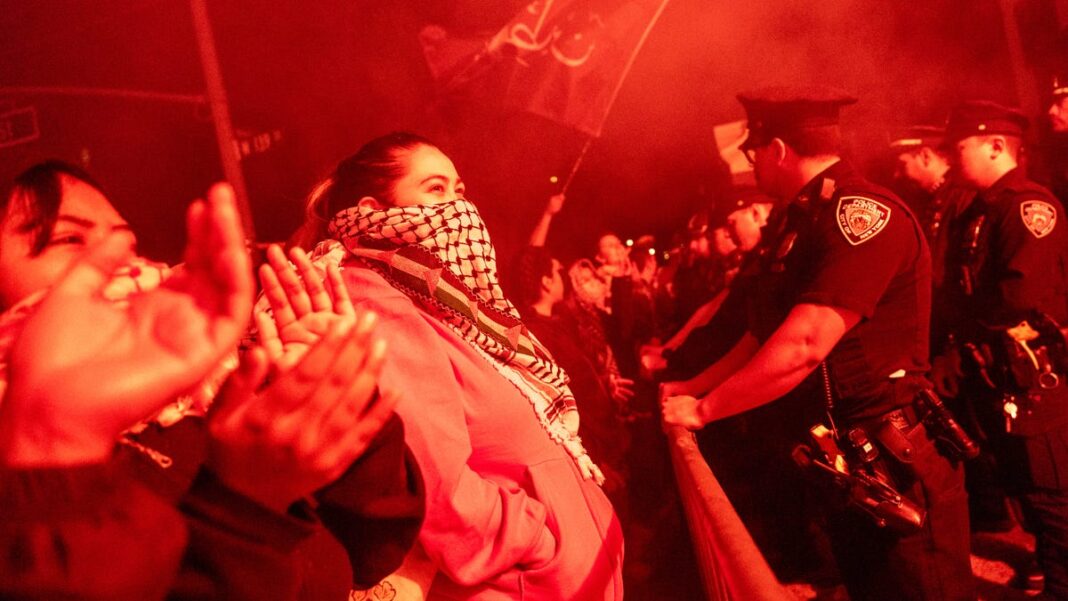Opinion: Why Are So Many Americans Supporting Terrorists Over Israel After the Oct. 7 Attack?
Protests are emerging across university campuses and major cities, expressing support for those responsible for the atrocities against Israel.
The past year has been eye-opening.
Since the horrific attack on October 7, 2023, when Hamas militants killed nearly 1,200 innocent Israelis and kidnapped around 250 individuals, a lot has been revealed about the opinions of many Americans.
This has been a shocking revelation.
Across the most prestigious university campuses and within the major cities, protests have broken out in support of those responsible for the brutal acts against Israel, a nation that represents Western values in the Middle East.
In the immediate aftermath of the attack, student organizations at elite colleges like Harvard released statements placing blame on Israel for the tragedy that befell its citizens. Additionally, some students openly expressed their support for those who committed horrific acts against families and the elderly.
This was merely the start.
As time progressed, protests became more intrusive and antisemitic sentiments became increasingly apparent. Numerous Jewish students felt unsafe on their own campuses.
Pro-Palestinian demonstrations also impacted cities nationwide, with protestors blocking key highways and disrupting events under threat of violence, all while the U.S. continues to support Israel’s right to defend itself.
This reality doesn’t resonate with the America I recognize.
A Disturbing Trend of Violent Incidents
Instances of such behavior keep surfacing.
In June, during a demonstration in New York City, a group of protestors yelled the hateful phrase “long live the intifada” in front of a memorial for the over 300 individuals who lost their lives due to Hamas’s assaults during the Nova music festival on October 7.
In July, in Washington, D.C., pro-Palestinian protestors set fire to an American flag and replaced U.S. flags outside Union Station with Palestinian ones, while also vandalizing public monuments, according to police reports.
Such protests have emerged in many other locations throughout the United States.
During these gatherings, participants often express hateful rhetoric regarding Israel and Jewish individuals, while simultaneously praising the terrorists who triggered the war on October 7.
A Growing Distance from Israel Among Americans
A Harvard CAPS/Harris poll conducted in December revealed a troubling number of young Americans believe that Israel should no longer exist. Among those aged 18 to 24, 51% expressed the sentiment that Israel should be “abolished and handed over to Hamas and the Palestinians.”
This explains why many of these young individuals feel empowered to act out on college campuses.
These protests have not gone unnoticed. Republican leaders in Congress and notable donors have criticized universities for their inadequate responses to such open antisemitism.
Several prominent college presidents have been dismissed as a result, including Liz Magill at the University of Pennsylvania, Claudine Gay at Harvard, and Minouche Shafik at Columbia.
It’s important to note that it’s not just college students who are distancing themselves from Israel. A recent Economist/YouGov poll found that a significant majority of Democrats sympathize more with the Palestinians (33%) compared to those who side with Israel (14%). Conversely, 63% of Republicans express sympathy for Israel; only 5% support Palestinians.
As tensions escalate in the Middle East between Israel and Iran, now is not the time for Americans to be uncertain about which side represents good and which does not.

